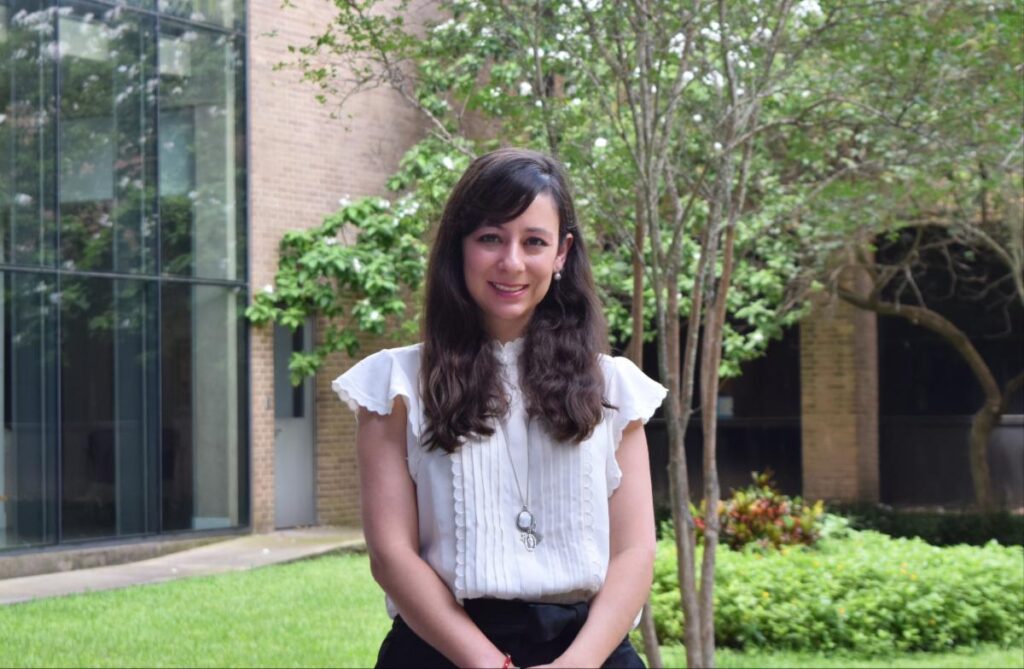- Fragile Planet Offers a Nighttime Wildlife Experience
- Falcons Soccer Off & Running
- Cameron County Receives Funds to Improve Two Parks
- Falcons Complete First Half of 32-6A
- School District to Help out Victims of California Wildfires
- Sand Castle Days Continued Despite Unexpected Weather
- Ready for District
- Discussion of Garbage Dumpster Rates, Agreements Between State & City on Highway Regulations, and More
- 31st Annual Shrimp Cook-Off is Right Around the Corner
- LFHS Cross Country
UTRGV Center for Teaching Excellence awarded NSF grant for SaLT program
- Updated: July 3, 2023
Enhances instructional practices for undergrad math courses

By Amanda A. Taylor-Uchoa
RIO GRANDE VALLEY, TEXAS – JUNE 21, 2023 – The National Science Foundation (NSF) Improving Undergraduate STEM Education: Hispanic-Serving Institutions (HSI Program) has awarded a $199,838 grant to the UTRGV Center for Teaching Excellence’s Students as Learners and Teachers program (SaLT).
The program encourages collaboration between trained students in teaching with instructors who teach undergraduate core mathematics coursework, which could assist in retention and student success efforts.
This innovative teaching approach also could enhance high-quality, equitable instructional practices in undergraduate mathematics classes.
The grant, set to start in July and run through June 2025, will help evaluate the impact of this collaboration between students majoring in mathematics, termed “student partners,” and mathematics faculty, to help inform future teaching and learning practices.
Alyssa G. Cavazos, director of the Center for Teaching Excellence and associate professor in the UTRGV Department of Writing and Language Studies, is principal investigator on the project, with Dr. Cristina Villalobos, professor of Mathematics and Statistical Sciences, as co-principal investigator.
“I am grateful for the opportunity to collaborate with interested students and faculty members,” Cavazos said, “as that will help build a meaningful student-faculty partnership program and research the impact that student voices can have on designing equitable and engaging teaching and learning practices in math coursework.”
As PI on the project, Cavazos will coordinate and facilitate the professional development and mentorship of the students partnering with faculty members.
Additionally, she will lead professional development efforts for faculty members as they reflect on how inclusive teaching and learning strategies can be built into core mathematics coursework through this collaborative approach with student partners.
“The project outcomes are expected to transform frontiers of knowledge and provide insight for subsequent research studies that center student voices through equity-minded and equity-ethic teaching and learning practices,” Cavazos said.
“The outcomes are not only expected to advance knowledge in teaching and learning, but also to have a broad and positive impact on the academic success of underrepresented STEM students in mathematics.”
Villalobos, co-PI on the project, said she hopes faculty and students will learn more about each other’s teaching and learning needs on the road to becoming successful learners and teachers.
“Teaching effectiveness is important, as this is one of the main venues to share knowledge with students who are our up-and-coming leaders,” she said. “Having faculty and students collaborate will allow both parties to better understand each other’s needs. Getting a student perspective on teaching and working closely with faculty will better inform the teaching community on effective teaching practices.”
Cavazos believes the project ultimately will have an influence in the local community.
“Grants like these are important to the university and surrounding communities because they provide opportunities for research, collaboration, reciprocal learning and growth,” Cavazos said. “The NSF HSI Program aims to enhance undergraduate STEM education and build capacity at HSIs, and we believe that this can happen in collaboration with our students.”



